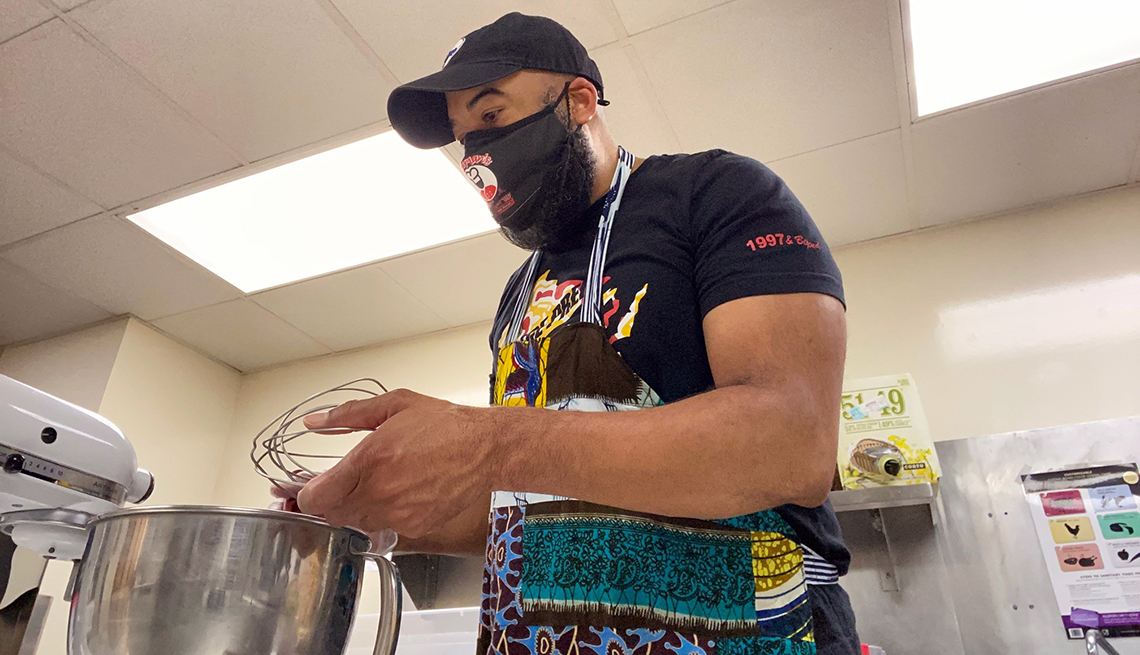AARP Hearing Center
For Black owners of small businesses, perseverance in the face of difficulty is nothing new. For example, despite the ongoing efforts to support Black businesses, Black female entrepreneurs still receive less than 1 percent of all available venture capital funding and grants, according to the Stanford Institute for Economic Policy Research.
Yet even with these disadvantages in funding and other resources, the nearly 2 million Black-owned businesses across the U.S. have generated more than $150 billion in revenue since 2012.
AARP spoke with three Black business owners over the age of 45 about what it takes for a business to be resilient during a national pandemic, among the other challenges that entrepreneurs face even in ordinary circumstances.
Each entrepreneurial journey is unique; however, most have at least some moments of uncomfortable uncertainties. Resilience, perseverance and reinvention are the common threads that help many small businesses — especially those that are Black-owned — achieve success.
In the face of the pandemic, these three small-business owners had to temporarily close or pivot their services altogether, yet they refused to consider that failure was an option. Here are their tips for how businesses can handle unexpected challenges:
1. Always look for ways to adapt. Angela Bell, founder of VXPRO, slowly had been dipping her feet in the entrepreneurial pool since college. Eventually, she decided to incorporate as a sole proprietor business. VXPRO specializes in designing publications, marketing strategies and promotional materials for other companies.
Before the pandemic, Bell was printing promotional material faster than she had time in the day. However, in March 2020, three of VXPRO's large-events contracts were suddenly canceled, resulting in an 80 percent revenue loss.


"Oftentimes it is said you have to think outside the box. I try to live as if there is no box,” Bell says. “My resilience is my mindset. I believe we do not have problems — just situations that need a change in circumstances."











































































